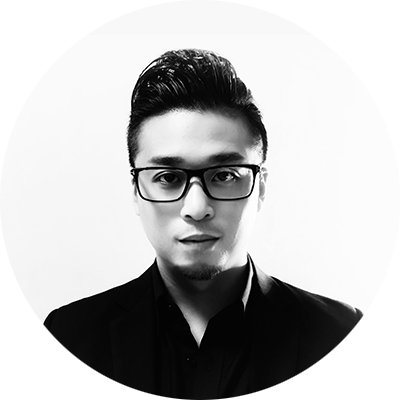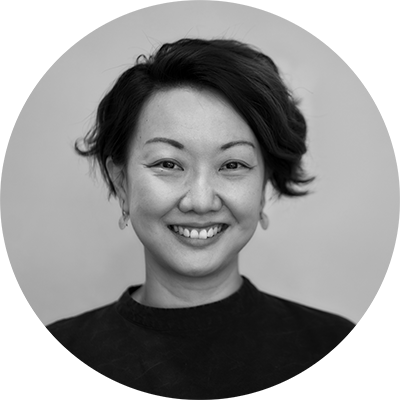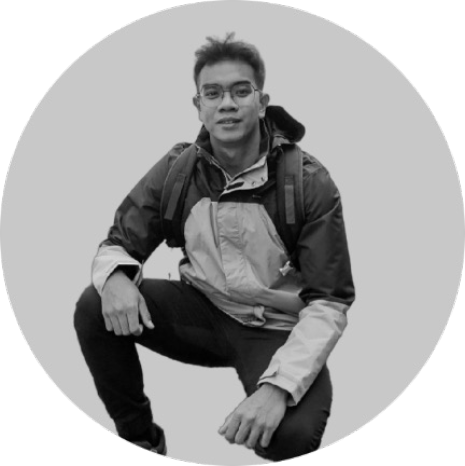About National Design Project
The National Design Project aims to showcase the transformative potential of design to tackle complex issues. It is the “go-to” design event for youths interested to use design as a tool to address key challenges faced by our society.
We invited primary, secondary and pre-university students to participate and submit their most innovative and thought-provoking designs in response to our challenge theme.
Using Design Thinking as a tool to unravel the challenge theme, we hope students will gain hands-on experience in one of the most effective approaches to creative problem-solving. Participants learned how to scope the problem, brainstorm innovative solutions, and create prototypes to test their ideas. Students got to experience first-hand, the power and the impact of good design.
Design for Wellness
The main theme for the National Design Project 2023 is Design for Wellness with the following sub-themes:
| Environmental Wellness – how might we promote the well-being of our planet, which faces dangers such as climate change, pollution, loss of biodiversity, waste and resource depletion? | Technology and Wellness – how might we design solutions that leverage technology to promote wellness, including digital tools for tracking health and wellness and virtual wellness programs? | ||
| Social Wellness – how might we design solutions to reduce social isolation and loneliness, improve social support networks and create opportunities for social connection? | Mental Wellness – how might we create solutions to promote mental wellness, such as reducing stress, anxiety, depression or the stigma associated with mental disorders? | ||
| Workplace Wellness – how might we enhance wellness in the workplace and school by designing solutions to minimise stress and burnout, improving work-life harmony, and creating a healthy work/study environment? | Physical Wellness – how might we design solutions that promote physical wellness, including healthy eating, exercise, and sleep? |
| Environmental Wellness – how might we promote the well-being of our planet, which faces dangers such as climate change, pollution, loss of biodiversity, waste and resource depletion? | |
| Social Wellness – how might we design solutions to reduce social isolation and loneliness, improve social support networks and create opportunities for social connection? | |
| Workplace Wellness – how might we enhance wellness in the workplace and school by designing solutions to minimise stress and burnout, improving work-life harmony, and creating a healthy work/study environment? | |
| Technology and Wellness – how might we design solutions that leverage technology to promote wellness, including digital tools for tracking health and wellness and virtual wellness programs? | |
| Mental Wellness – how might we create solutions to promote mental wellness, such as reducing stress, anxiety, depression or the stigma associated with mental disorders? | |
| Physical Wellness – how might we design solutions that promote physical wellness, including healthy eating, exercise, and sleep? |
Participating Schools
11 PRIMARY SCHOOLS
Ai Tong School
Casuarina Primary School
Edgefield Primary School
Fuhua Primary School
Henry Park Primary School
Keming Primary School
Nan Hua Primary School
South View Primary School
St. Anthony’s Primary School
Westwood Primary School
White Sands Primary School
19 SECONDARY SCHOOLS
Cedar Girls Secondary School
CHIJ St. Nicholas Girls’ School
Chua Chu Kang Secondary School
Commonwealth Secondary School
Crescent Girls’ School
Dunman Secondary School
Fuhua Secondary School
Greenridge Secondary School
Holy Innocents' High School
Loyang View Secondary School
Methodist Girls’ School
Peicai Secondary School
Regent Secondary School
Sembawang Secondary School
Seng Kang Secondary School
Serangoon Garden Secondary School
Singapore Chinese Girls’ School
St. Andrew’s Secondary School
St. Joseph’s Institution
2 PRE-UNIVERSITY INSTITUTIONS
Millennia Institute
Victoria Junior College + Raffles Institution + Hwa Chong Institution
Our Mentors
Each participating team was paired with an industry mentor who guided the team on their project. The mentors worked with the participants to provide technical knowledge and expertise in specific areas of relevance to the project, provide insights and creative inputs and review the students’ proposals, offer feedback, and identify areas for improvement.

David Tham
Founder
Studionorm

Eric Sim
Founder
Epic Dialogue

Cheryl Tan
Head of Communications
Will & Well

Tessa Ng
Founder
DesignTinkers

Alvin Liau
Founder
PROSE Architects

Tay Yew
Founder
Yew Architects

Lim Qi Jie
Instructional Associate
General Assembly

Angelina Lourdes
Founder
Studio29

Syadiq Azman
Instructional Associate
General Assembly

Ning Goh
Senior Product Designer
NTUC Enterprise Nexus Co-op Ltd

Javieust Kua
Co-founder & Director
REASSEMBLE

Daniel Pang
Co-founder
REASSEMBLE

Ar. Trecia Lim
Founder
WeCreate Studio

Felix Nai
Founder
Good Riddance

Chan Wai Lim
Founder
Trigger Design